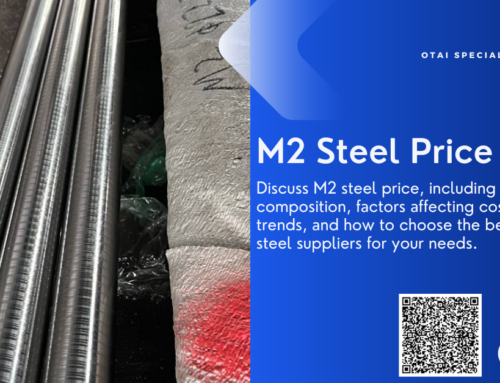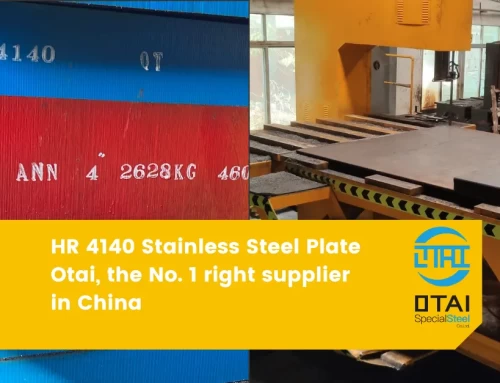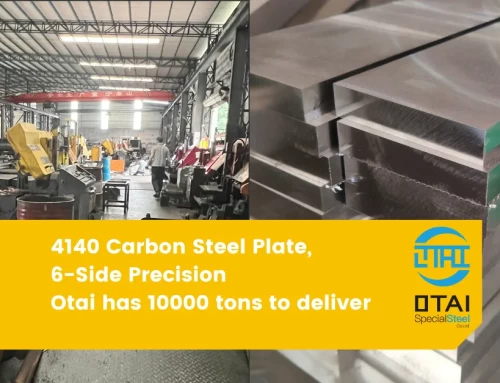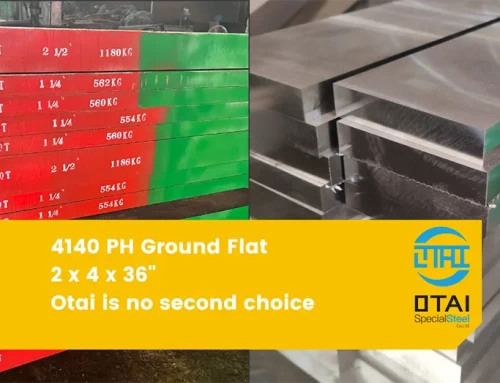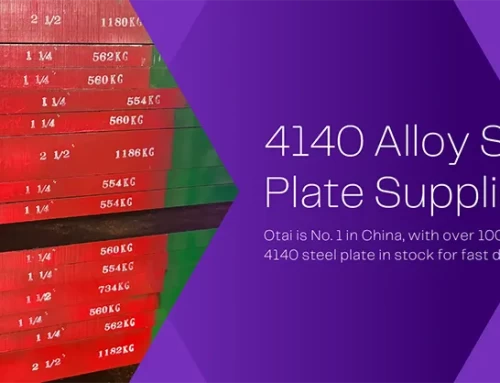A few customers want to know about the difference and similarities between 1.2085 steel vs 1.2083 steel? Well, you’re not alone. These two steel variants have been the talk of the town for a while now. So, let’s discuss this now today!
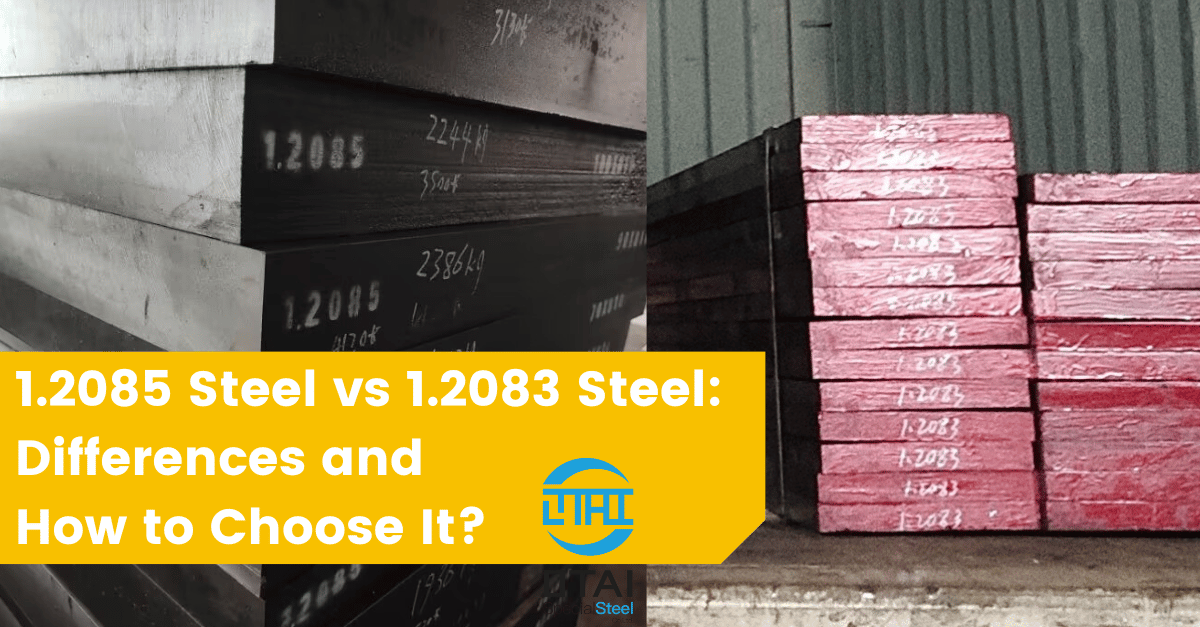
The Basics: What is 1.2085 or 1.2083 Steel ?
Both 1.2085 and 1.2083 belong to the stainless, corrosion-resistant, martensitic steel family. But, like siblings, they’ve got their unique quirks.
1.2085 Steel: The Highlights
1.2085 steel is like that friend who’s always prepared, come rain or shine. Its standout feature? Corrosion resistance. This makes it a top pick for tools, especially in the plastic industry. Plus, its durability ensures it’s in for the long haul.
1.2083 Steel: The Star Player
Enter 1.2083 steel. It’s famous for its impressive toughness and wear resistance, it’s the go-to choice for many toolmakers. Its adaptability ensures it can handle a variety of tasks with ease.
The Showdown: Key Differences
- Corrosion Resistance: While both are corrosion-resistant, 1.2085 takes the crown here. It’s designed to withstand even the harshest of environments.
- Toughness: 1.2083 steel shines bright in this department. Its toughness ensures it can handle heavy-duty tasks without breaking a sweat.
- Applications: While both steels are versatile, 1.2085 is often preferred in the plastic industry, while 1.2083 finds its place in toolmaking for its wear resistance.
Which One’s for You?
Choosing between 1.2085 and 1.2083 boils down to your specific needs. Need something super corrosion-resistant? Go for 1.2085. Looking for toughness? 1.2083 is your guy.
Why Trust Dongguan Otai Special Steel?
We’re not just about selling steel. We’re about passion, expertise, and ensuring you make the right choice. With over 24 years in the industry, we promise quality, every single time.
Wrapping Up
The 1.2085 vs. 1.2083 debate depends on your need actually. Both are fantastic in their own right. It all boils down to what you’re in the mood for. Whatever you choose, know that you’re making a solid choice.
FAQs
- Which steel type is more expensive between 1.2085 and 1.2083 material?
- Prices can vary based on suppliers and quality, sizes and quantity. However, both steels offer great value for their unique properties.
- Can I use both 2085 and 2083 steels interchangeably?
- While they have similarities, their unique properties make them suitable for specific tasks. It’s best to choose based on your requirements. You can check with our staff and we will provide professional advices.
- How do I ensure I’m getting genuine 1.2085 or 1.2083 steel?
- Always source from trusted suppliers like Dongguan Otai Special Steel. Quality matters! We do chemical composition analysis and all other necessary inspection tests before shipment. You are assured of quality at Otai.
- Are there any maintenance tips for these two 1.2085 and 1.2083 steels?
- Regular maintenance ensures longevity. Keep them clean, and they’ll serve you well.
- Got specific requirements? Can I customize my order?
- Absolutely! We’re all ears. Reach out, and we’ll cater to your needs.
Got more questions or looking to make a purchase? Reach out to us at jeremy@otaisteel.com or ping us on WhatsApp at +8613610149979. We’re here to help!

